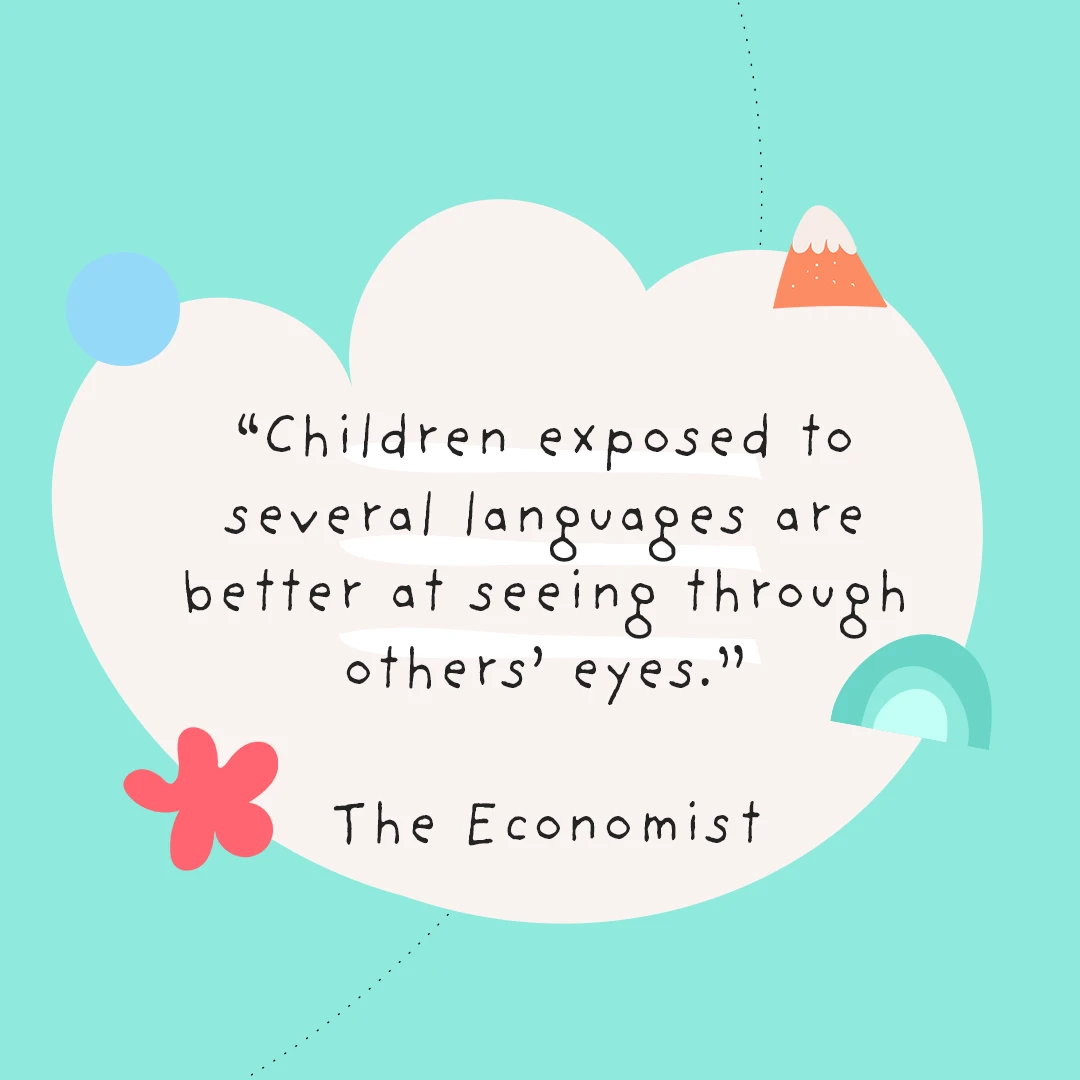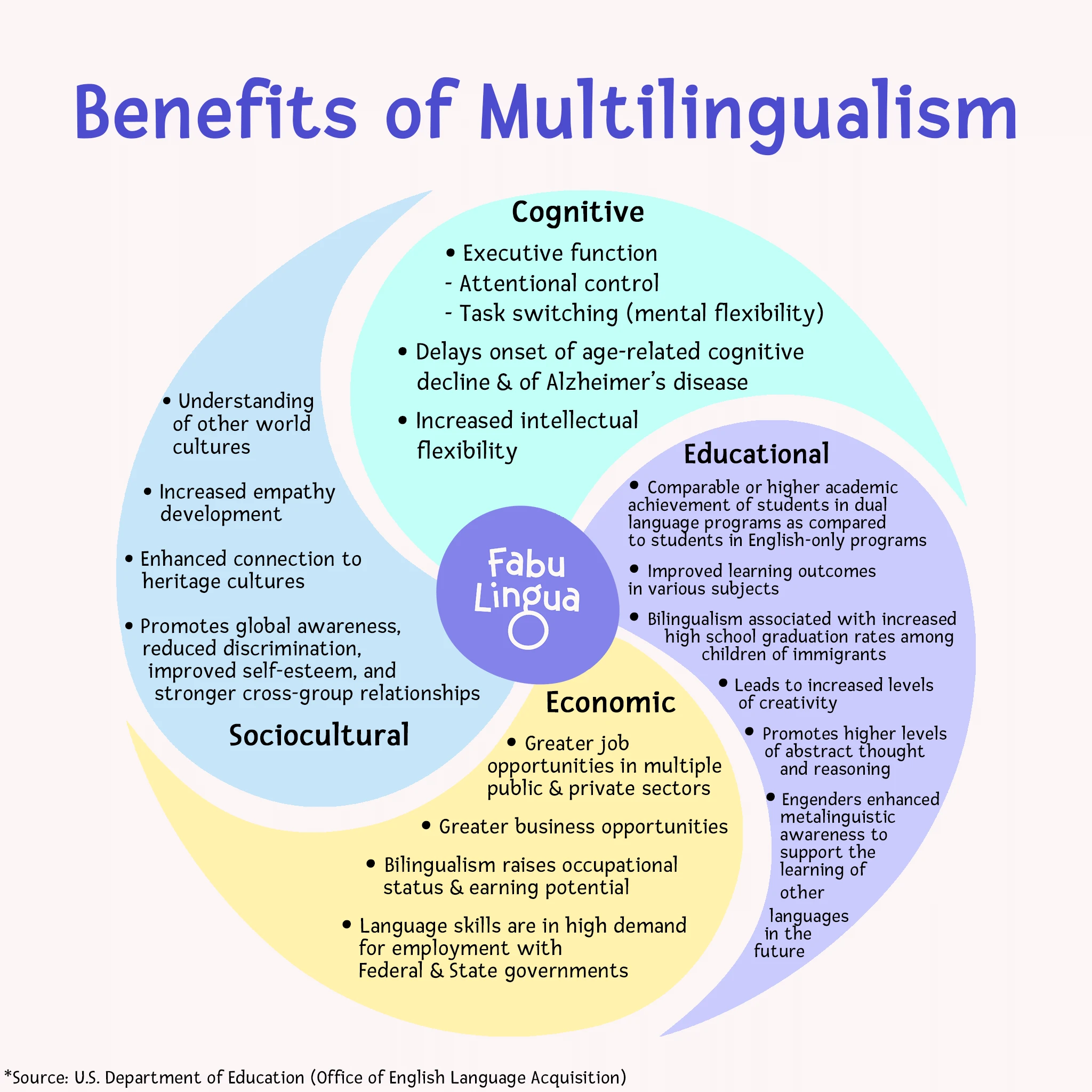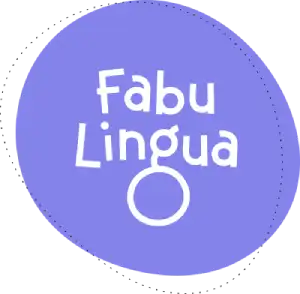In a world that is becoming increasingly interconnected, the gift of language stands out as one of the most precious treasures we can offer to our children. The act of learning a new language, such as Spanish, goes far beyond acquiring a set of grammatical rules and vocabulary. It is about embracing a new way of seeing, understanding, and interacting with the world. Inspired by the insights on the profound impact of language learning and backed by Dr. Stephen Krashen’s theories on Second Language Acquisition and Comprehensible Input, this post explores the incredible benefits that come with giving your child the superpower of a second language.
When children learn Spanish, they are not just adding words to their lexicon; they are unlocking doors to new cultures, histories, and perspectives. Each language carries within it unique ways of expressing thoughts, emotions, and concepts that might not even exist in their native tongue.
- Learning Spanish Gives a New Lens to View the World
When children learn Spanish, they are not just adding words to their lexicon; they are unlocking doors to new cultures, histories, and perspectives. Each language carries within it unique ways of expressing thoughts, emotions, and concepts that might not even exist in their native tongue.

This newfound ability to perceive and articulate the world differently is akin to acquiring a new lens through which to view everything around them. It fosters a deeper understanding and appreciation of the diversity that shapes our planet, encouraging empathy, open-mindedness, and a genuine curiosity about people whose experiences and backgrounds differ from their own.
2. Bridge Cultures and Building Empathy when Learning Spanish
Language is the heart of culture. By learning Spanish, children gain the key to accessing the rich tapestry of Spanish-speaking cultures worldwide. They learn to celebrate the vibrant traditions, music, literature, and ways of life that span continents, from the bustling streets of Madrid to the colorful landscapes of Mexico, the enchanting allure of Argentina, and beyond. This immersive journey does not just broaden their cultural horizons but also builds a strong foundation for empathy. Understanding and speaking another person’s language is a powerful act of connection, showing respect for their identity and an earnest desire to know and understand them on a deeper level.
Learning Spanish, or any new language, can contribute to the development of empathy in a few ways:
Cultural Understanding: Learning a language isn’t just about words; it’s also about getting to know how people live, what they believe, and what’s important to them in countries where that language is spoken. This can make you more understanding and caring about people from those places.
Communication with Others: Knowing Spanish lets you talk directly with people who speak it, breaking down language barriers. This helps you really get what they’re feeling and going through, making it easier to care about their experiences.
Learning How to Share Feelings: Every language has its own special ways of talking about feelings and experiences. When you learn Spanish, you get to see new ways to express yourself and understand how others do it too. This can make you better at sharing and understanding feelings with others.
Seeing the World Differently: Learning a new language opens up a new way of looking at things. You start to see that not everyone thinks the same way, which can make you more understanding of people’s different views.
Appreciating Diversity: As you learn Spanish, you’ll hear different accents and ways of speaking it. This teaches you to appreciate how diverse the world is, making you more open and caring towards people who are different from you.
Empathy for Language Learners: Learning a language can be challenging and sometimes frustrating. Once you’ve been there, you’ll feel for others who are trying to learn a new language too, like people moving to new countries. It makes you kinder and more patient with them.

3. Learning Spanish Empowers Future Change-makers
In today’s global society, bilingualism is more than an academic advantage—it’s a tool for change. Equipping your child with the ability to communicate in Spanish prepares them to be global citizens, ready to engage with the world’s challenges with compassion and insight. It opens up opportunities for meaningful international friendships, collaborations, and careers that can have a positive impact on our interconnected world. Through the lens of another language, children learn that different does not mean divided; it means enriched and united in our diversity.

The Role of Comprehensible Input in Language Learning
Imagine you’re teaching your child to bake a cake for the first time. You wouldn’t start by asking them to whip up a fancy, five-layer dessert, right? Instead, you’d show them how to make something simple and enjoyable, like chocolate chip cookies, using ingredients and tools they already know how to use.
This is pretty similar to Dr. Krashen’s idea of “Comprehensible Input” in learning a new language, like Spanish. It’s all about giving your child bits of the new language that they can understand easily, without making it too hard or confusing. Think of it as feeding them tasty language snacks that are just right for their level—they can enjoy and understand these snacks, which helps them gradually get better at the language.
So, when you want your child to learn Spanish, it’s important to give them fun, understandable pieces of the language that match what they already know, making learning feel more like a fun game than hard work.
“To make sure that language acquirers pay attention to the input, it should be interesting. But interest may not be enough for optimal language acquisition. It may be the case that input needs to be not just interesting but compelling…Compelling input appears to eliminate the need for motivation, a conscious desire to improve. When you get compelling input, you acquire whether you are interested in improving or not.” Dr. Krashen argues that compelling comprehensible input is essential to language learning. “It is possible that compelling input is not just optimal: It may be the only way we truly acquire language.”
The FabuLingua app embodies this principle beautifully, offering stories and activities in Spanish that captivate children’s imagination and curiosity, making language learning a delightful adventure rather than a daunting task.
Essentially, comprehensible input is language input that can be understood by listeners, even if they can’t understand all the words or structures in it. When the input is comprehensible, you understand the gist of what’s being said.
Open doors for your child with FabuLingua
For parents seeking to give their children the invaluable gift of a new perspective and a broader understanding of the world, download the FabuLingua app. Designed with the wonders of language learning in mind, it harnesses the power of storytelling and interactive play to make learning Spanish not only effective but truly enjoyable. By inviting your child into the magical world of languages, you are opening up a universe of possibilities for them—a superpower that will serve them for a lifetime.
In embracing the journey of learning Spanish, we offer our children the keys to new kingdoms. We equip them with more than just a language; we give them the capacity to connect, understand, and thrive in a multicultural world. Let’s give our children the superpower of bilingualism and watch them transform into the empathetic, curious, and open-hearted changemakers our world so dearly needs.

